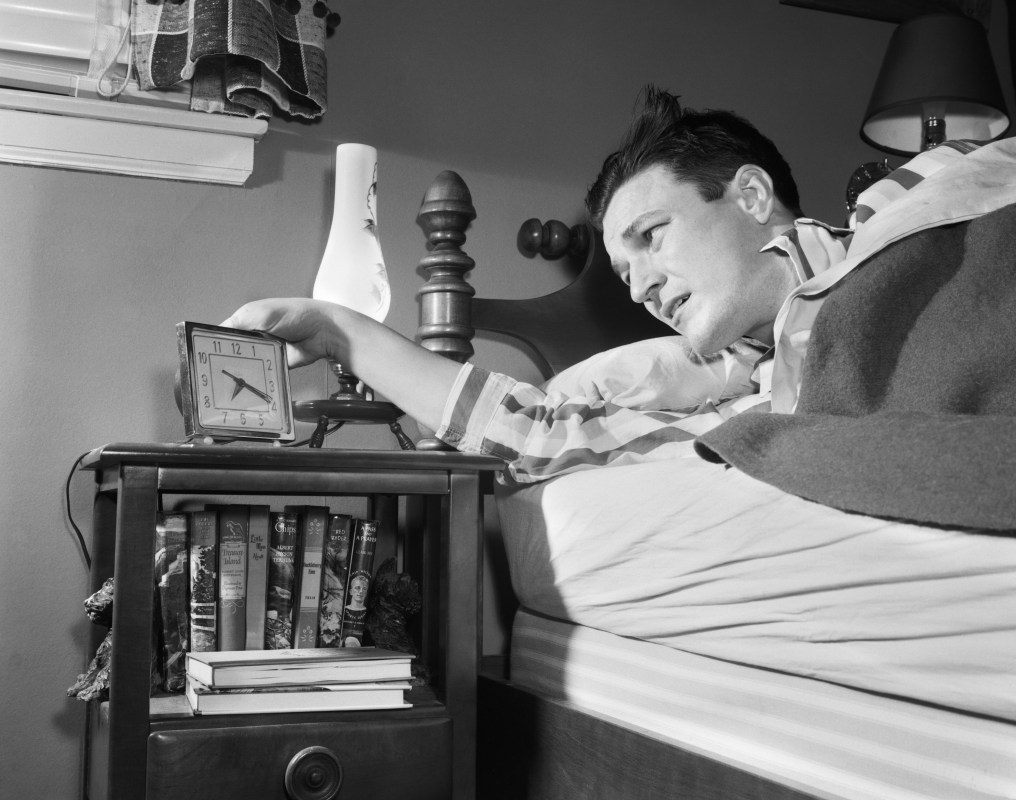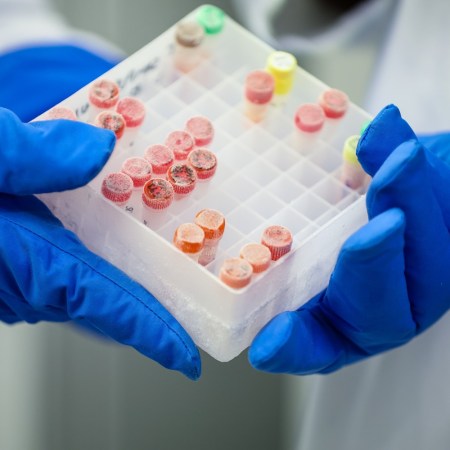You’re not you when you’re sleepy.
According to recent research from Dr. Eti Ben Simon, a neuroscientist at the Center for Human Sleep Science in Berkeley, sleep loss leads to “the withdrawal of human helping across individuals, groups, and large-scale societies.” Which is an academic way of saying that when we don’t sleep well, we morph into selfish bastards.
Why? Well, sleep deprivation is hell on the brain, and deactivates key nodes “within the social cognition brain network” that encourage generosity, thoughtfulness and empathy. A poor night’s sleep essentially guarantees a bad mood, making us less inclined to even see other people in person, let alone listen to their problems, buy them a coffee, or help them move a couch.
Consider some of the experiments in Dr. Simon’s study:
- An experimenter and a participant would walk towards each other. The participant had to decide what qualified as “too close.” The sleep-deprived participants consistently stopped the experimenters farther away.
- An fMRI machine scanned participants’ brains as they answered a questionnaire that explored how likely they were to help others. Low activity in the neural networks of sleep-deprived participants indicated they were significantly less inclined to help others — even in the case of family and friends.
- A database of charitable donations indicates that Americans are less inclined to altruism the week of daylight saving time, as they lose an hour of sleep. Over 15 years, the amount donated that week is down 10% relative to an average week. (But rates in Arizona and Hawaii, which don’t observe DST, have stayed the same.)
- And finally: a colleague of Dr. Simon’s discovered that doctors on night shifts were less likely to prescribe painkillers, due to reduced empathy for their patients.
In an interview with Scientific American, Dr. Simon indicates that selfish behavior during a period of poor sleep is a survival instinct: “In nature, the only time you see animals sleep-deprived is when they’re migrating, they just had a baby or they’re starving. So being sleep-deprived is really a stress signal that makes us want to accumulate as much food as we can and be more alert to threats. We don’t have the capacity for anything more than that.”
Getting just enough sleep means giving yourself just enough energy to address whatever’s important in your life. But selfishness — whether it’s by design or not — leads to loneliness, and loneliness, research indicates, compounds on itself. Other people can readily perceive when they’re talking with a sleep-deprived person; just one minute of that interaction is enough to make them want to walk away.
Of course, sleep deprivation isn’t just capable of torpedoing your social life. It can also irrevocably damage your relationship with yourself. If you consistently sleep less than seven hours a night, or fail to ever register quality sleep (deep, interrupted shut-eye, which reaches all four stages of the sleep cycle and doesn’t result in nightly wake-ups), what sort of mood are you waking up to each day? Morning person or not, is there any pep in your step? Where’s your confidence? Where’s your motivation to do the dishes, go for a run, or ideate with your coworkers?
Studies have exhibited a positive correlation between generosity and happiness for years. The jolliest version of you is the one helping others. That’s a neurological truth. But the first and all-important step towards achieving that version of yourself is as simple as getting to bed. Good luck being a good person on a bad night’s sleep.
Whether you’re looking to get into shape, or just get out of a funk, The Charge has got you covered. Sign up for our new wellness newsletter today.


















